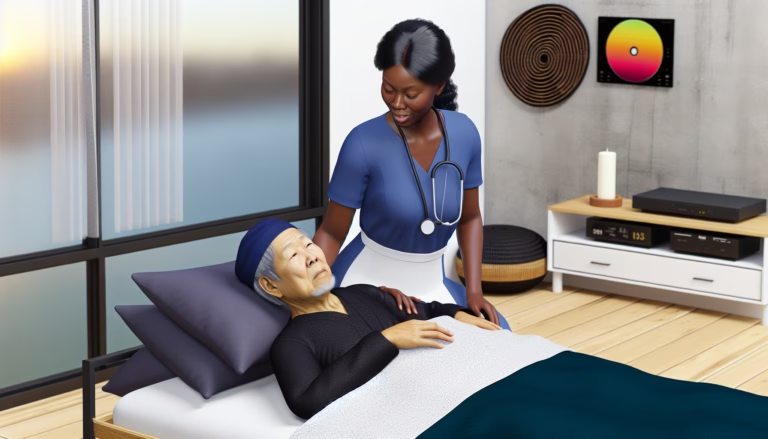Exploring the Benefits of Physical Therapy in Home Health Care
As our understanding of health and wellness expands, it becomes increasingly clear that a holistic approach is key to optimizing health outcomes. Physical therapy is one crucial component of such an approach that often goes unmentioned. Particularly in the home health care context, the role of physical therapy extends beyond rehabilitation and includes maintaining mobility, enhancing physical function, and even preventing further health issues.
Perhaps the most notable benefit of physical therapy in the home health care setting is the personalized treatment it offers. Physical therapists can tailor therapeutic exercises to each patient’s specific needs, taking into account individual health conditions and lifestyle factors. As therapy is administered in the comfort of home, it provides a safe, familiar environment for patients, allowing them to focus more on treatment and recovery.
Honing Motor Skills and Enhancing Mobility
Physical therapists play an instrumental role in improving and maintaining mobility, especially for patients recovering from surgery or suffering from chronic diseases. These specialists help patients relearn essential motor skills, such as walking and moving around, while minimizing the risk of falls or injuries. Regularly practicing these movements at home under professional supervision ensures safety and gradual improvement.
Managing Pain Without Medication
Another significant advantage of physical therapy is pain management. Many patients prefer physical therapy as it offers a non-pharmacological alternative to pain relief. Techniques like massage, hot and cold therapy, and therapeutic exercises can significantly alleviate pain, improve muscle function, and promote healing in a natural and sustainable way.
Preventing Future Health Problems
Physical therapy can also be preventive. Regular sessions improve strength and flexibility, making patients less prone to injuries or physical deterioration in the future. Furthermore, physical therapists can provide education on ergonomics and proper body mechanics during everyday activities, helping patients protect their joints and prevent strain during tasks like lifting or bending.
Fostering Independence
Last but not least, physical therapy in home health care has the potential to foster autonomy and independence. By improving physical ability and confidence, it can empower people to maintain their usual routines and live comfortably at home for as long as possible.
In conclusion, physical therapy is undeniably an essential component of home health care. By incorporating it into treatment plans, we can significantly improve health outcomes and quality of life for patients. Let’s recognize and utilize its value to create a healthier future for everyone.
References
These statements are reflective of the professional expertise and insights of physical therapists and health care experts. They should not be used as a substitute for professional medical advice. Always consult your healthcare provider before starting any new treatment or therapy.



